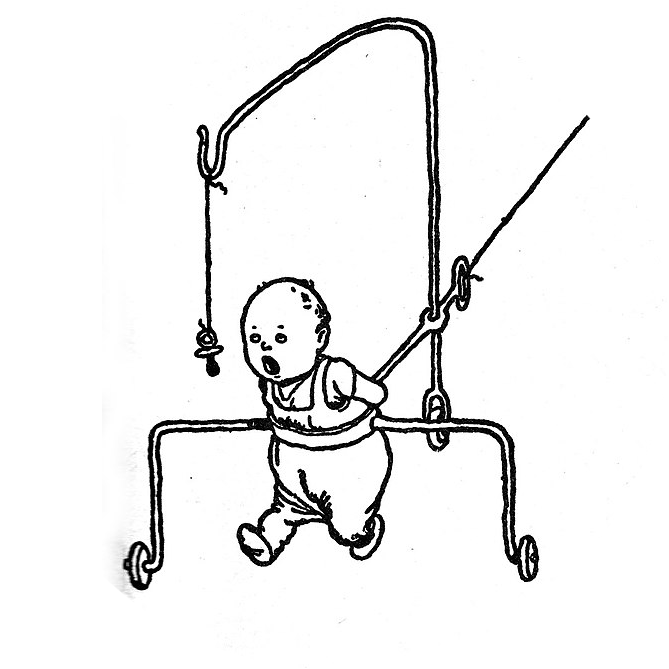

My thought is the evolution of intelligent life itself. If you think about it, intelligence is contrary to most of the principles of evolution. You spend a shit ton of energy to think, and you don’t really get much back for that investment until you start building a civilization.
As far as we can tell, sufficient intelligence to build technological civilizations has only evolved once in the entire history of the Earth, and even then humans almost went extinct








End of mankind - nothing, really. Even with climate change or nuclear war, the rich will live on. It will be a shitty, greedy, undeserving populace that lives on, but mankind will live on.
End of the world as we know it - climate change. I don’t know of anything else more existential